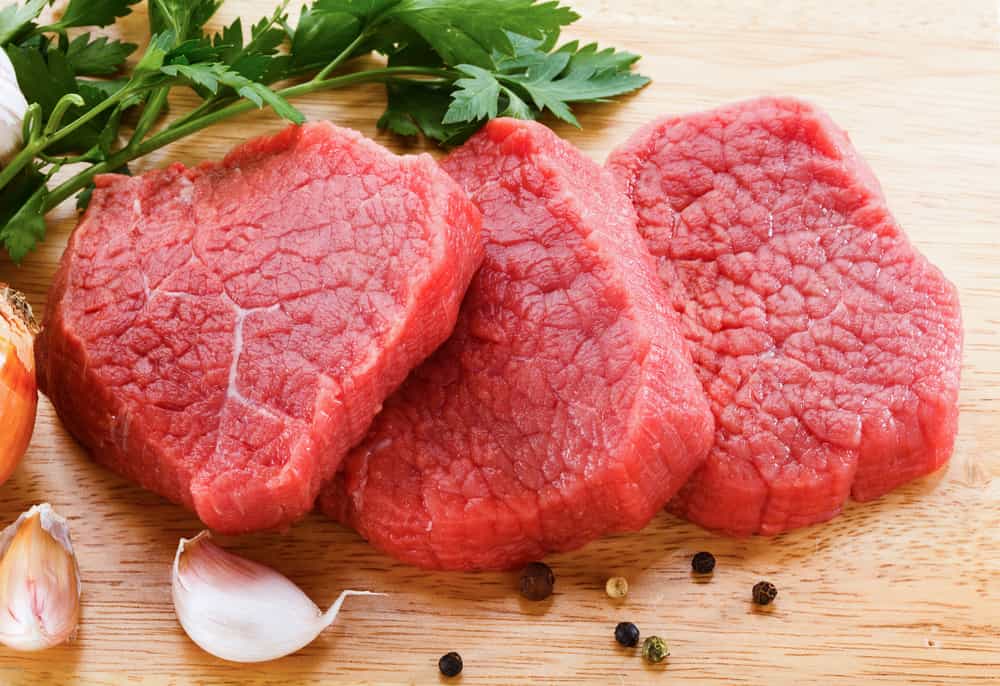4. Red Meat

Red meat, particularly in large quantities, has been linked to an increased risk of developing diverticulitis. This association is thought to be due to the high levels of saturated fats found in red meat, which can influence inflammation in the body, potentially exacerbating conditions like diverticulitis. The consumption of red meat is also believed to impact the gut’s microbiome, potentially leading to changes that could increase the vulnerability of the digestive tract to conditions such as diverticulitis. Consequently, many healthcare professionals recommend moderating red meat intake as part of a dietary strategy for managing this condition.
Opting for leaner sources of protein, such as poultry, fish, or plant-based proteins, can be a healthier choice for individuals looking to manage or reduce the risk of diverticulitis. These alternatives not only provide essential nutrients but also tend to have lower levels of saturated fats, which is beneficial for overall digestive health. Incorporating a variety of protein sources into your diet can also ensure you receive a broad spectrum of nutrients, supporting overall health beyond just the digestive system.
Making dietary changes, especially reducing red meat consumption, requires a thoughtful approach to ensure nutritional needs are met. It’s important for those managing diverticulitis to explore a range of dietary options that support their health while minimizing potential triggers for their condition. Consulting with a healthcare provider or a dietitian can help in making informed choices about protein sources and in developing a balanced, diverticulitis-friendly diet plan that promotes long-term health and well-being.
